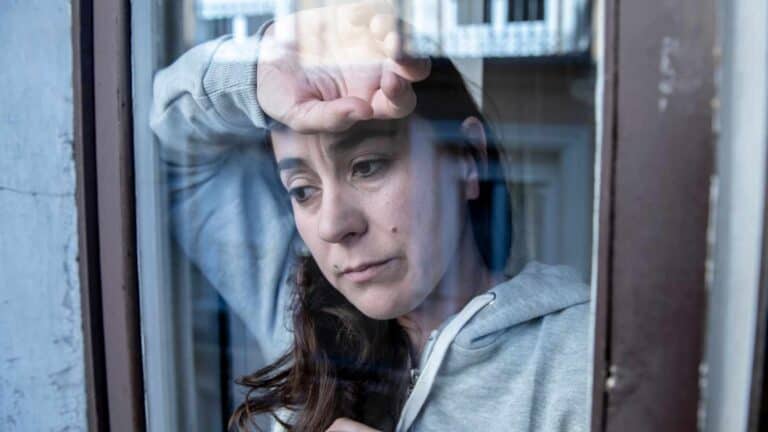7 “Soft Life” Habits That Don’t Require a Big Budget
The “soft life” trend has taken social media by storm, with videos of lavish vacations, designer bags, and extravagant self-care routines filling our feeds. While these images are aspirational, they often paint a picture of a lifestyle that feels financially out of reach for many. Wealth Enhancement’s 2025 survey found that 61% of Americans are feeling financial stress. But what if the core of the soft life—a life of ease, peace, and minimal stress—isn’t about spending money, but about intentional living?
The good news is that you don’t need a limitless budget to embrace this gentler way of life. It’s about cultivating habits that prioritize your well-being and bring a sense of luxury to everyday life. Here are seven simple budget-friendly habits that can help you achieve a soft life, no matter your income.
Quiet Mornings

A 10-year Spanish study published in PubMed Central concluded that clinically significant anxiety can nearly triple the risk of later-life Alzheimer’s disease. Quiet rituals such as slow breathing, stretching, or journaling lower cortisol and help the mind re-enter the day.
Rest Without Guilt

Rest takes many forms. The Rest Test, the largest global study of rest so far, conducted by Hubbub, revealed the myriad ways people find rest and peace of mind: in solitude, nature, gentle movement, creative flow, and more. But 68% of those surveyed said they don’t get enough, which means our challenge isn’t knowing how to rest, but thinking we’re permitted to.
Build Both Cash and Connection Buffers

Cash is a soft-life resource, but it’s not the only one. When money gets tight, other forms of support can help protect your well-being as effectively as an emergency fund. Garey et al. found that among folks experiencing financial strain, health was better when people felt they were listened to (appraisal support) or socially accepted (belonging support).
Aligned Relationships

According to Dr. Jim Taylor, there are nine alignments: intellectual, emotional, physical, spiritual, values, avocations, chemistry, readiness, and timing that dictate whether a relationship flourishes or fades. The alignments help to create an effective template for how shared thinking, reciprocal emotional accessibility, and parallel lifestyles perpetuate love.
Decluttering

Decluttering is a type of home care that gives a “window of opportunity” to reconsider the relationship to objects, according to a new study in Frontiers in Sustainability. Most study participants seek decluttering for mental clarity and emotional relief, rather than minimalism. The open space, however, can attract new consumption due to its lack of self-awareness.
Romanticize Your Routine

Give the ordinary an air of importance. You don’t need to buy your way to significance. Try taking your time over coffee, lighting a candle at dinner, or journaling at sunrise. Infuse the everyday with intention and creativity.
The magic is in the details: the smell of soap, a shaft of morning light, the sound of your own breathing. Grounded by routine, you might just find meaning in washing dishes.
Guard your time as closely as you do your money

There will always be more money but never more minutes – and yet, we’re far better at budgeting our cash than our calendar. Every yes to something trivial is a no to something valuable.
Why investing for retirement is so important for women (and how to do it)

Why investing for retirement is so important for women (and how to do it)
Retirement planning can be challenging, especially for women who face unique obstacles such as the wage gap, caregiving responsibilities, and a longer life expectancy. It’s essential for women to educate themselves on financial literacy and overcome the investing gap to achieve a comfortable and secure retirement. So, let’s talk about why investing for retirement is important for women and how to start on this journey towards financial freedom.
Science Tells Us What To Expect As We Age: Strategies for Thriving in Later Life

Science Tells Us What To Expect As We Age: Strategies for Thriving in Later Life
How does aging affect our bodies and minds, and how can we adapt to those differences? These are questions that pertain to us all. Aging gradually alters people over decades, a long period shaped by individuals’ economic and social circumstances, their behaviors, their neighborhoods, and other factors. Also, while people experience common physiological issues in later life, they don’t follow a well-charted, developmentally predetermined path. Let’s take a look at what science has told us to expect.







